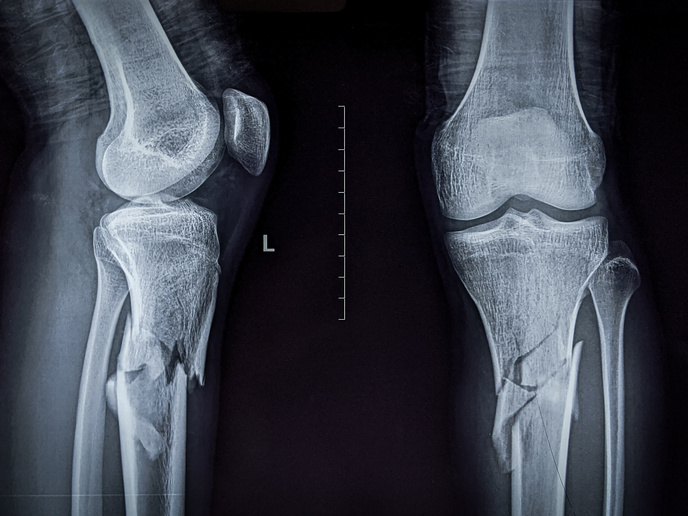Conducting polymers to improve cancer diagnosis
Conducting polymers are organic materials with high electrical conductivity that were discovered over 20 years ago. Since then, they have been used in many analytical and technological applications. Their ease and mode of synthesis allows the immobilisation of biomolecules such as antibodies for exploitation in the fabrication of biosensors. Scientists on the EU-funded CP-SMARTSURFACES (Towards better point of care devices: Conducting polymers as smart surfaces in biosensors) project set out to develop a highly sensitive bio-sensing platform based on conducting polymers. The idea was to minimise non-specific protein binding, which hampers the performance of electrochemical biosensors to produce robust diagnostic devices. For this purpose, they generated films of polyaniline nanofibers, which were modified further with side groups for antibody attachment. Full electrochemical characterisation of the resultant conjugates was performed and showed successful antibody binding. Carboxyl functionalisation or reduced pH significantly lowered non-specific binding of proteins. As a result, they achieved detection of the prostate-specific antigen (PSA) at the microgram level. These modifications, however, reduced the sensitivity of the sensor. To overcome these problems and enable the sensor to operate within the clinically relevant range, researchers substituted polyaniline nanofibers with carbon nanotubes. In addition, they used dendrimers to obtain a higher surface coverage of active antibodies. Collectively, the results and deliverables of the CP-SMARTSURFACES study will contribute towards the generation of cost-effective and sensitive diagnostic tests. The nanoparticle modification protocols could also be exploited in a variety of biomedical applications.







